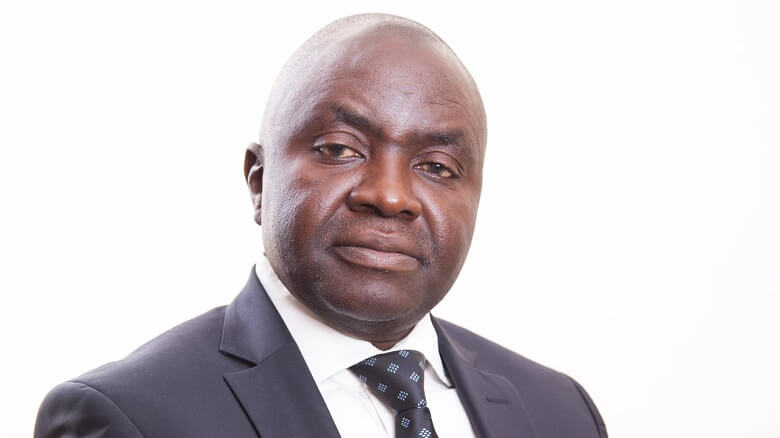Nigeria’s Economy Still Fragile, Says Former LCCI DG
As the Nigerian economy begins gradual recovery from the Covid-19 pandemic, the impact of the recovery is nothing to cheer about particularly as it affects the living of average Nigerians in the first six months of 2021.
Muda Yusuf, the immediate past Director-General of the Lagos Chamber of Commerce and Industry, made the comment on Channels TV on Monday.
Advertisement
He said, “I’m talking about the investment climate now. I don’t think there is anything to cheer about between January and now. But I must say that with the gradual recovery of the economy, some sectors are beginning to come alive especially the hospitality, the aviation and the entertainment sectors. They are beginning to come alive within the first half of this year.
“To the average citizen, because the economy is not just about the GDP or the investors. It is also about the people, the ordinary man and the ordinary man will not rate the economy performing at all, particularly the high cost of living. “
In January, the National Bureau of Statistics announced a weak recovery of 0.11 per cent for the economy which sank into recession in 2020.
In the first quarter, the economy gradually grew to 0.51 per cent, but the poverty rate was on the surge at 7 million in the last two years due to rising prices, according to a World Bank report.
Advertisement
The NBS also said unemployment had risen to 33.3 per cent resulting in 23.2 million unemployed people.
The former LCCI boss said stakeholders have different perspectives of Nigeria’s economic performance between January and June.
But on the account of the GDP, for instance, he said Nigeria’s recovery from the Covid-19 induced recession in 2020 “is also very fragile.”
He noted, “From the point of view of GDP performance, I will say the economy has done fairly well, fairly well, because the growth is still very fragile. When you relate the growth to the population you will know that there is a huge decline. On the account of the investors and business climate, that is the perspective of investors, it has not been okay at all.
“The investors still face very serious challenges with regards to the situation with investments whether domestic or foreign are still battling issues around energy cost as you know.
Advertisement
“The cost of diesel is around N280 per litre in a situation where we have the challenges bordering power supply and others. Even the cost of gas is also going up; access to gas is also an issue. So, energy issues remain a very big problem in the first half of the year.”
Yusuf also said that foreign exchange issue has also remained a major setback to economic development.
“A lot of investors complain a lot about the foreign exchange situation and of course the security environment is also a big issue in the business environment affecting practically all sectors, but of course it affects come sectors much more than the others particularly those in agric and agro-allied industries,” he added.
Yusuf said so many businesses have also decried high inventory, low margins and low sales on the account of economic setbacks.



